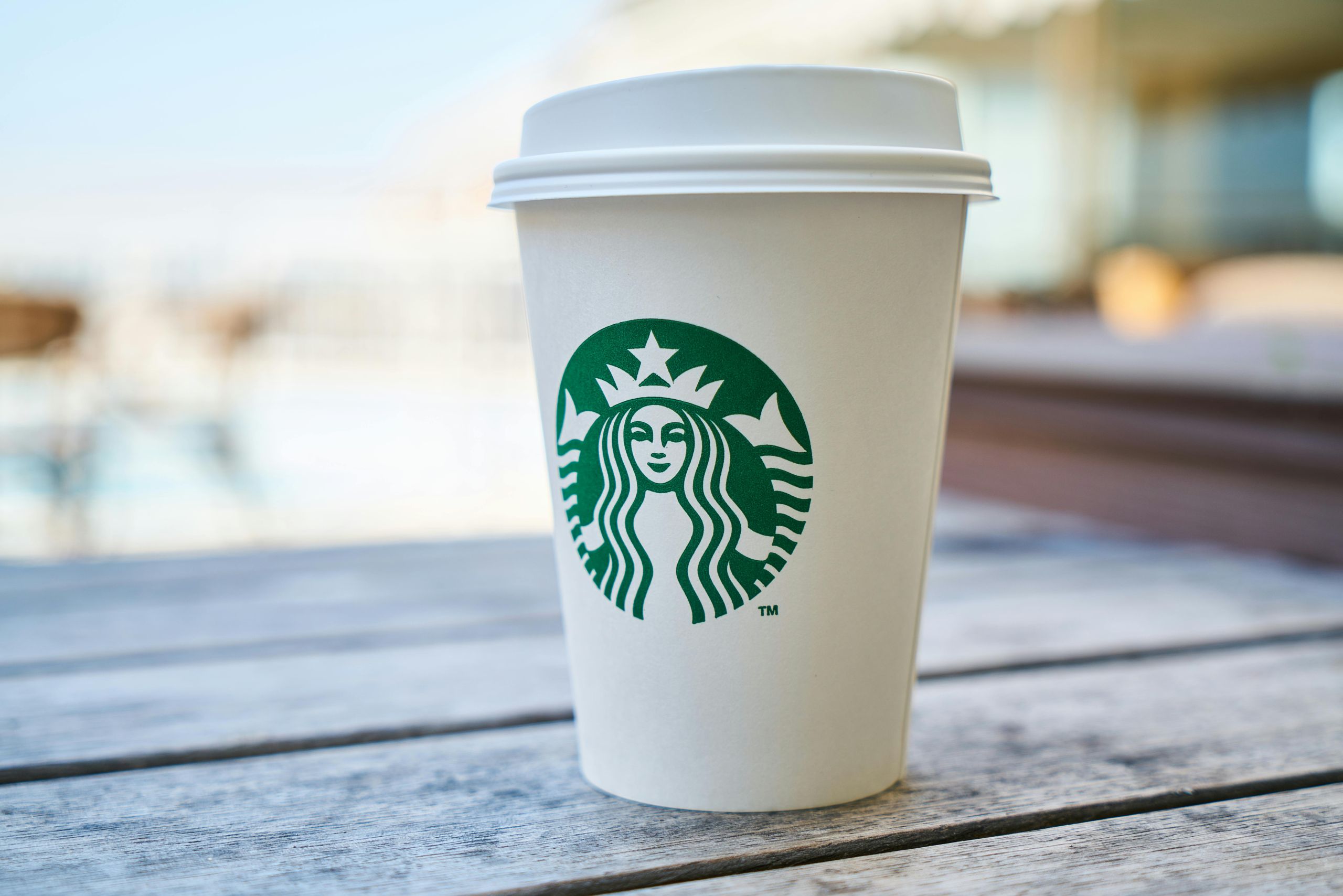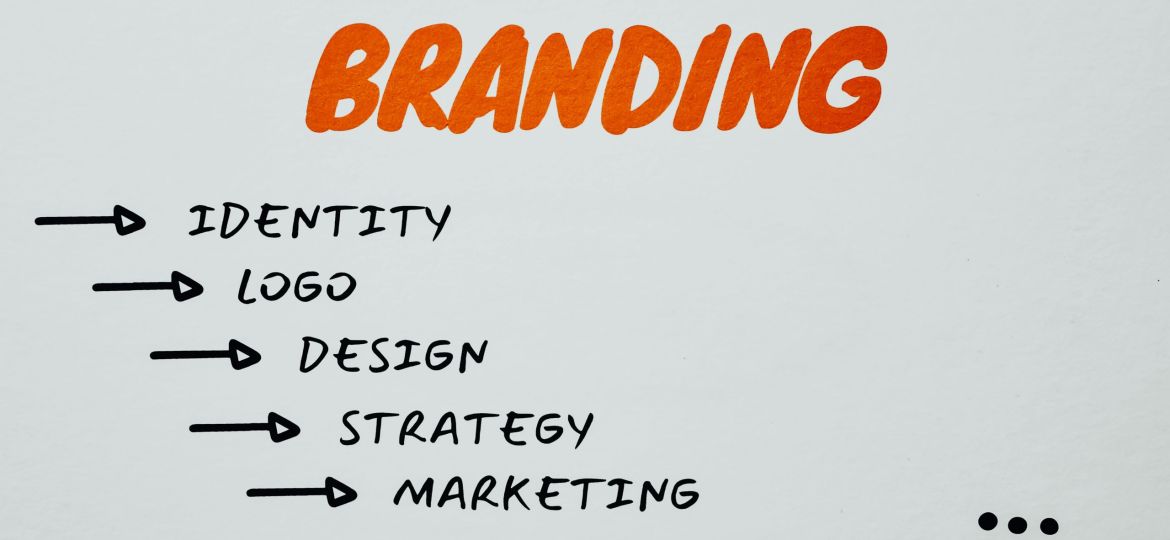The Impact of Experiential Marketing on Consumer Behavior
Event marketing has evolved into more than just brand exposure — today, it sparks emotions, builds community, and influences buying behavior. As competition increases, brands and organizers turn to experiential marketing to create deeper consumer connections. In this article, we’ll explore how event marketing transforms consumer behavior and brand loyalty.
What is Experiential Marketing?
Experiential marketing, also known as engagement or event marketing, focuses on creating immersive brand experiences. These experiences often involve the consumer engaging with a brand in real life through events, pop-ups, brand activations, or interactive campaigns. This form of marketing activates emotions, builds memory associations, and increases brand recall. When strategically executed, it’s far more memorable than traditional advertising.
Why Event Marketing Matters
Today’s audience craves authenticity and connection, and that’s where event marketing shines. Unlike digital ads or static content, experiences involve the five senses. As a result, they create moments that consumers are more likely to share and remember. In the crowded digital landscape, live experiences offer a unique advantage.
- They drive word-of-mouth and social media shares
- They establish trust through personal interaction
- They increase consumer retention and loyalty
Successful marketing is no longer about broadcasting a message — it’s about initiating conversations and curating moments of genuine brand interaction.
How Experiential Marketing Influences Consumer Behavior
Experiential marketing impacts the consumer journey across three major stages — awareness, consideration, and loyalty. Let’s break down each touchpoint.
1. Building Awareness Through Event Marketing
Interactive events give consumers hands-on access to a product or service. Whether it’s a tasting booth at a festival or a VR product demo in a retail store, the memorability of the experience ensures longer-lasting brand recall. According to a report from Event Marketer, 85% of consumers are more likely to purchase after participating in an engagement experience.
2. Creating Emotional Connections
Effective event marketing triggers emotional responses—joy, curiosity, surprise—which play a major role in decision-making. Events that feature storytelling, purposeful design, and user participation tend to form authentic connections, which increase brand favorability.
3. Driving Conversion and Loyalty
Once consumers trust a brand, loyalty is the next natural step. Loyalty programs combined with experiential engagement can dramatically boost customer lifetime value. For example, launching a pop-up event exclusively for loyal customers can make them feel valued and inspire repeat purchases.
Examples of Experiential Strategies in Event Management
To illustrate the power of experiential marketing, consider these real-world applications:
Brand Activations That Inspire Engagement
From tech startups to Fortune 500 companies, brand activations deliver interactive showcases that blend fun and functionality. Red Bull’s extreme sports events or IKEA’s tiny house roadshows are prime examples of how to merge entertainment with subtle commerce. These initiatives don’t just sell — they inspire.
Immersive Storytelling Through Events
Events that tell a story leave a deeper impact. Think of Nike’s experiential installations tied to personal journeys of athletes or Spotify’s immersive listening booths. The message becomes more personal, leading to emotional buy-in from the audience. This fusion of storytelling and event marketing unlocks a sense of co-ownership between the brand and consumer.
Best Practices for Experiential Event Marketing
- Know Your Audience: Tailor experiences to your demographic’s interests and preferences.
- Keep It Goal-Oriented: Know what you want consumers to feel, say, or do after the event.
- Use Multi-Sensory Design: Engaging all five senses helps solidify the memory of the experience.
- Incorporate Storytelling: Narratives make the brand relatable and memorable.
- Amplify Digitally: Make it easy for attendees to share socially through hashtags or social-friendly décor.
Key Metrics to Evaluate Success
Like any marketing effort, experiential campaigns require performance tracking. Here’s what to measure:
- Foot traffic and engagement durations
- Social media impressions and shares
- Customer surveys and feedback
- Post-event conversions and sales lift
- Lead generation and ROI
These KPIs guide future campaign improvements and quantify success for stakeholders.
Internal Culture Boost Through Events
Experiential marketing isn’t just for attracting customers — it works wonders internally, too. Corporate event planning that includes immersive or team-based activities boosts employee morale. Team-building events, product demos for staff, and internal celebrations can all influence how your brand is perceived outwardly.
Trends Shaping the Future of Event Marketing
As technologies evolve, so does the canvas for events. Keep an eye on these trends globally shaping the next generation of event management and marketing:
- Hybrid Events: Blending physical and digital for wider reach
- AR/VR Integration: Creating fully immersive environments
- Sustainability: Eco-conscious event design as a brand statement
- Personalization: Using data to craft individualized experiences
- Data-Driven Storytelling: Merging analytics with creative narratives
Conclusion: Making Impactful Brand Connections
There’s no denying the influence of experiential strategies in event marketing. By crafting authentic, immersive, and emotionally engaging campaigns, brands can meaningfully shape consumer behavior. Whether you’re launching a new product, building loyalty, or promoting awareness — experiential marketing is the bridge between brand strategy and human connection.
Looking for deeper insights? Visit How to Create Unforgettable Brand Activations and explore step-by-step guides to master experience-driven branding.
For industry news and event trends, we recommend Event Manager Blog, a trusted source for all things experiential marketing and event innovation.




